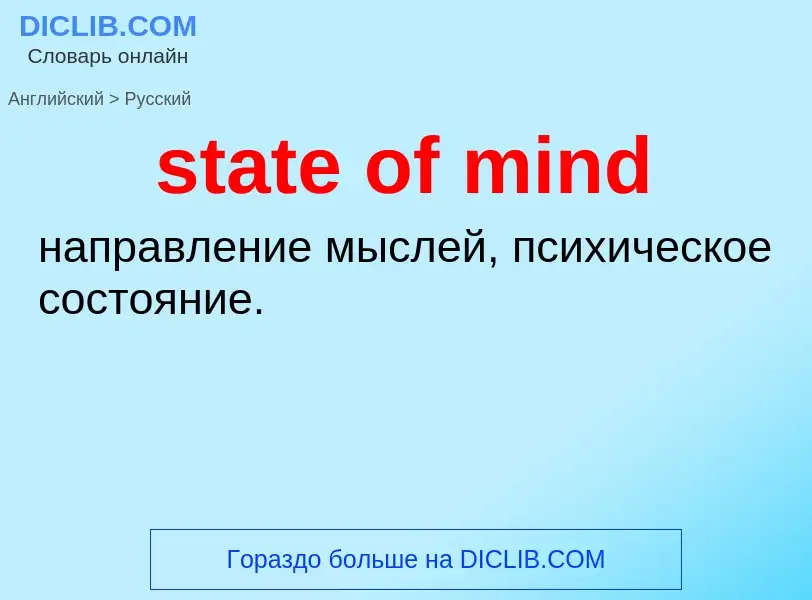Μετάφραση και ανάλυση λέξεων από την τεχνητή νοημοσύνη ChatGPT
Σε αυτήν τη σελίδα μπορείτε να λάβετε μια λεπτομερή ανάλυση μιας λέξης ή μιας φράσης, η οποία δημιουργήθηκε χρησιμοποιώντας το ChatGPT, την καλύτερη τεχνολογία τεχνητής νοημοσύνης μέχρι σήμερα:
- πώς χρησιμοποιείται η λέξη
- συχνότητα χρήσης
- χρησιμοποιείται πιο συχνά στον προφορικό ή γραπτό λόγο
- επιλογές μετάφρασης λέξεων
- παραδείγματα χρήσης (πολλές φράσεις με μετάφραση)
- ετυμολογία
vacancy of mind ‹of thought› - translation to ρωσικά
Ορισμός
.
Βικιπαίδεια
The language of thought hypothesis (LOTH), sometimes known as thought ordered mental expression (TOME), is a view in linguistics, philosophy of mind and cognitive science, forwarded by American philosopher Jerry Fodor. It describes the nature of thought as possessing "language-like" or compositional structure (sometimes known as mentalese). On this view, simple concepts combine in systematic ways (akin to the rules of grammar in language) to build thoughts. In its most basic form, the theory states that thought, like language, has syntax.
Using empirical evidence drawn from linguistics and cognitive science to describe mental representation from a philosophical vantage-point, the hypothesis states that thinking takes place in a language of thought (LOT): cognition and cognitive processes are only 'remotely plausible' when expressed as a system of representations that is "tokened" by a linguistic or semantic structure and operated upon by means of a combinatorial syntax. Linguistic tokens used in mental language describe elementary concepts which are operated upon by logical rules establishing causal connections to allow for complex thought. Syntax as well as semantics have a causal effect on the properties of this system of mental representations.
These mental representations are not present in the brain in the same way as symbols are present on paper; rather, the LOT is supposed to exist at the cognitive level, the level of thoughts and concepts. The LOTH has wide-ranging significance for a number of domains in cognitive science. It relies on a version of functionalist materialism, which holds that mental representations are actualized and modified by the individual holding the propositional attitude, and it challenges eliminative materialism and connectionism. It implies a strongly rationalist model of cognition in which many of the fundamentals of cognition are innate.

